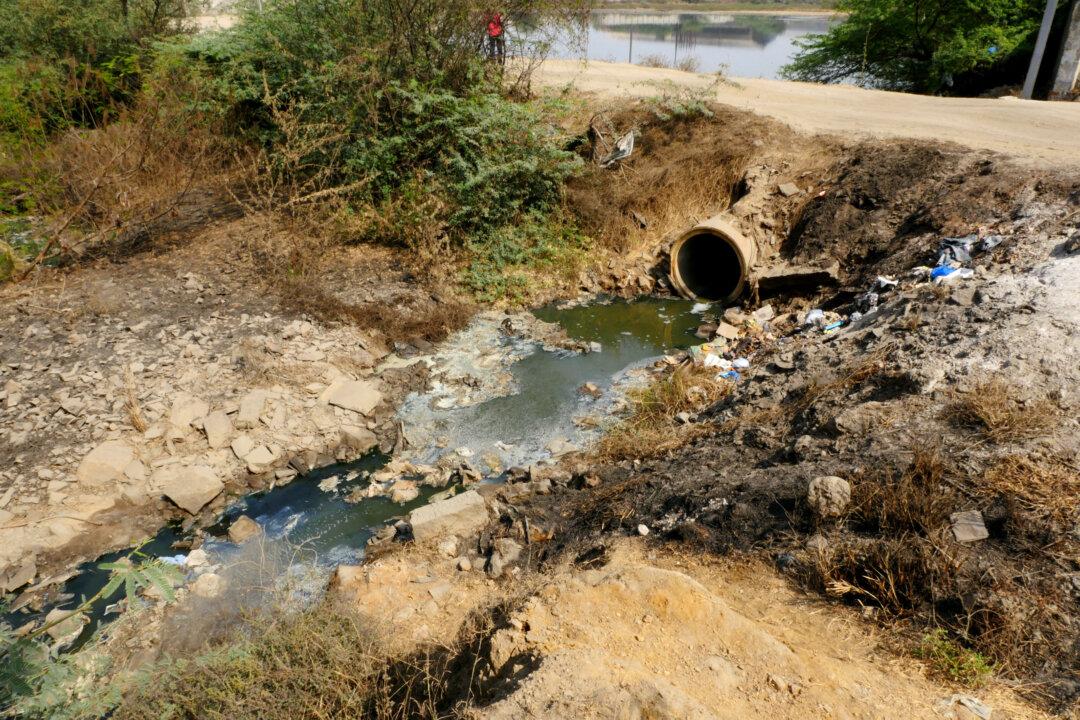The discharge from factories that produce antibiotics is a hotbed for growth of so-called “superbugs,” according to a report released Oct. 19 by environmental advocacy organization Changing Markets.
Superbugs are bacteria that have developed a resistance to antibiotics. This antimicrobial resistance (AMR) is a major global health concern, rising to the level of HIV and Ebola. On Sept. 21, it became the fourth health issue ever taken up at the U.N. General Assembly.
A UN statement released after the meeting summarized the gravity of the problem: “Common and life-threatening infections like pneumonia, gonorrhea, and post-operative infections, as well as HIV, tuberculosis, and malaria are increasingly becoming untreatable because of AMR.”
While the two leading causes of AMR are (1) excessive human consumption of antibiotics and (2) the use of antibiotics in rearing livestock, industry leaders are increasingly treating pollution from pharmaceutical manufacturing with urgency as a third major cause.
Ahead of the General Assembly meeting, 13 major pharmaceutical companies—including American companies Pfizer, Merck & Co., and Johnson & Johnson—announced commitments to battle AMR. At the top of their list was to “review our own manufacturing and supply chains to assess good practice in controlling releases of antibiotics into the environment.”
They plan to establish a common framework for managing antibiotic discharge and put it into practice by 2018.
Pfizer was identified by Changing Markets as one of the American companies that sources from factories in India and China, which are the main offenders. The report also identified American pharmaceutical companies McKesson and CVS Health as sourcing from factories that cause AMR, and it urged them and all American and European companies to clean up their supply chains.






